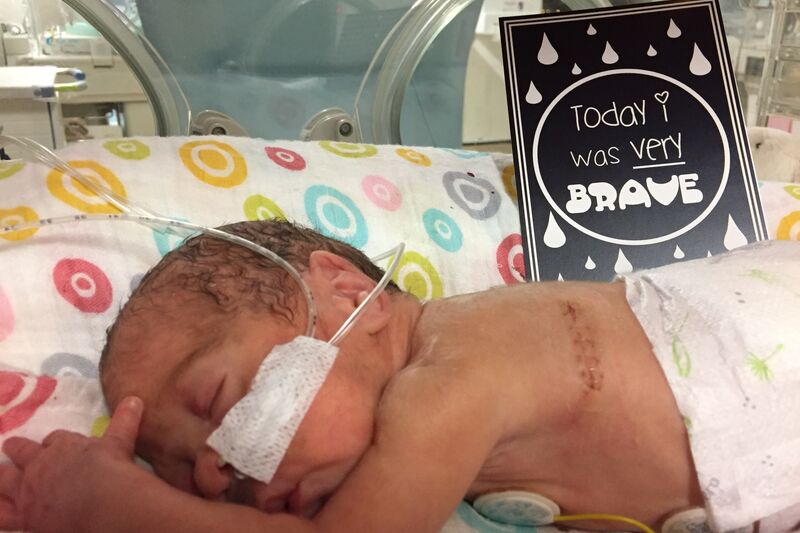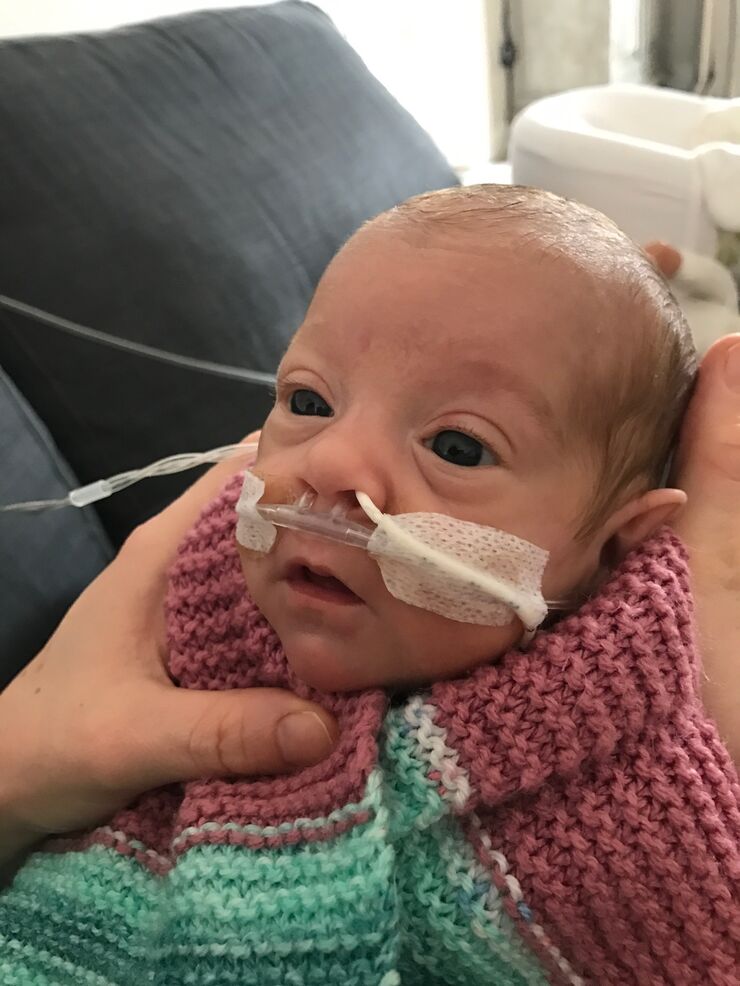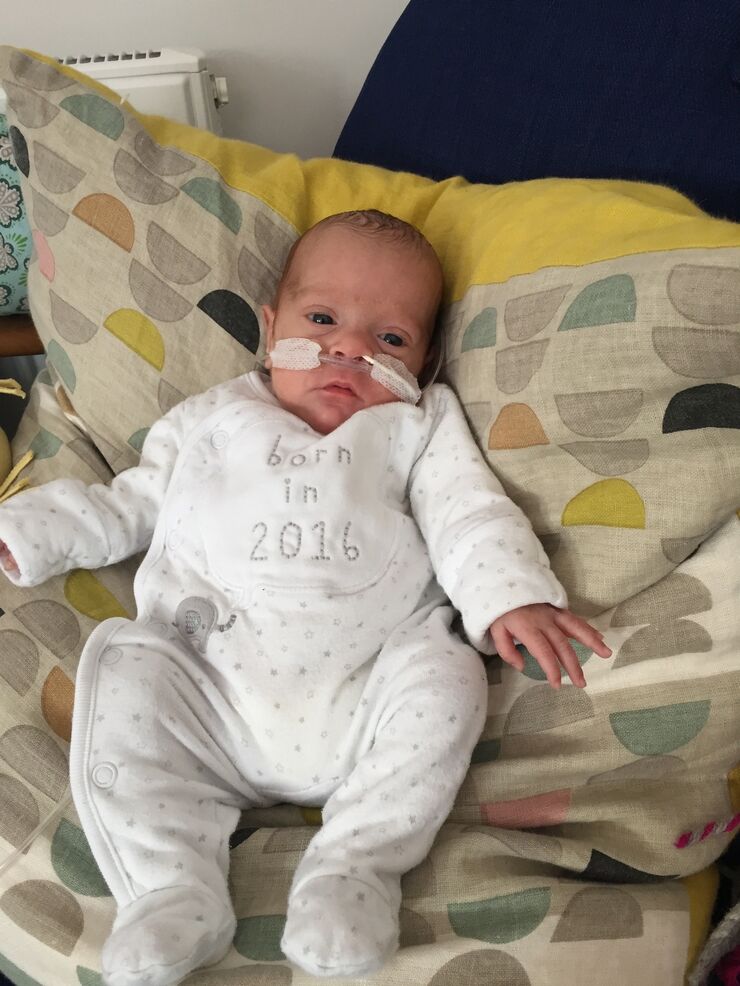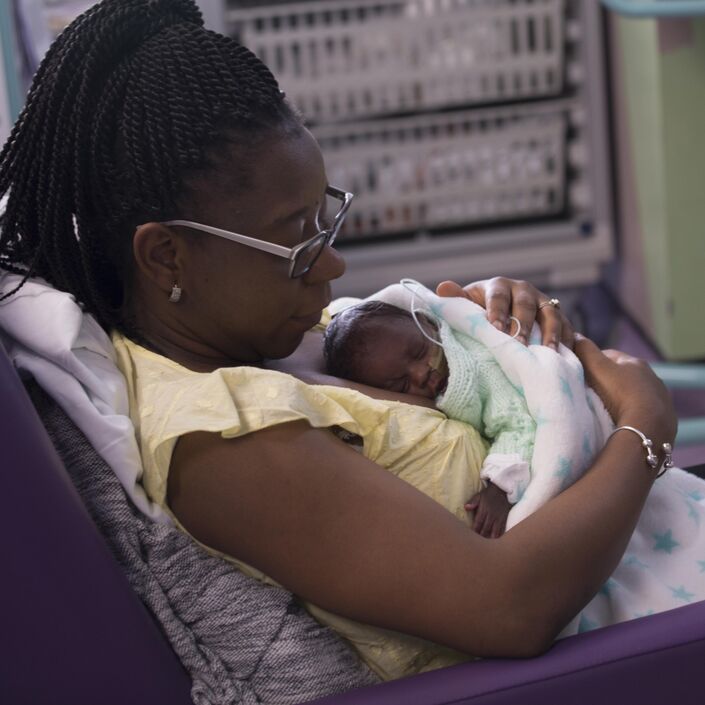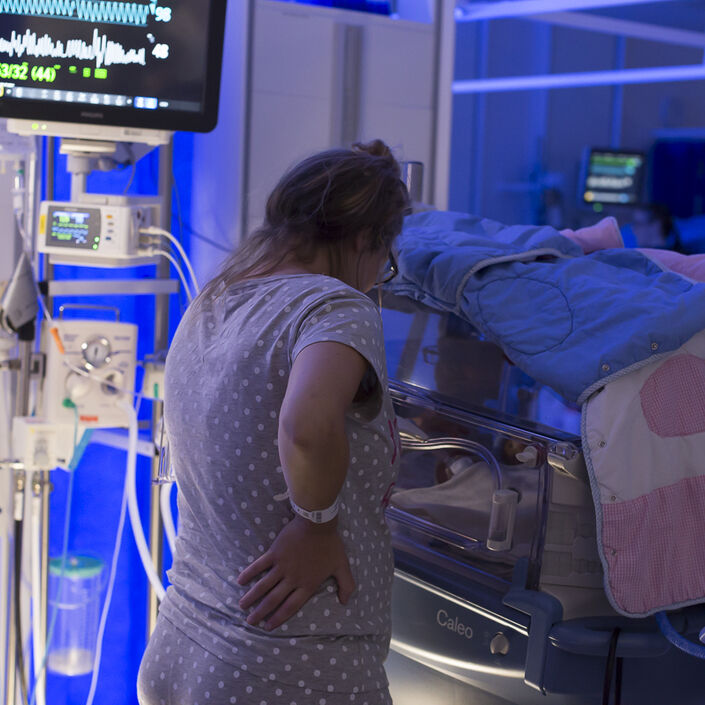When you are on the neonatal unit, getting your baby home is the ultimate goal.
Every milestone is a step towards the hospital door that you are desperate to take your baby through so that the world can finally see that you are a mum. You are a family at last.
But the journey doesn’t end when you bring your baby through the front door for the first time. It is important to be aware that the enormity of what you’ve been through will start to set in when you get home. And while taking care of your new baby is incredibly important, it’s vital to take care of your own mental health too.
Isla was my second premature baby. The first, Rose, was a 32 weeker which in hindsight had a breeze of a journey. Isla, born at 28 weeks, had a more testing time. She’d needed a PDA closure with subsequent vocal cord palsy, severe zinc deficiency and chronic lung disease which required oxygen at home for three months. Following her discharge, we had two further admissions to hospital within a fairly short space of time.
Looking back now I can see I was working desperately hard to hold my head high and appreciate that we were home; perhaps a wobble was inevitable.
